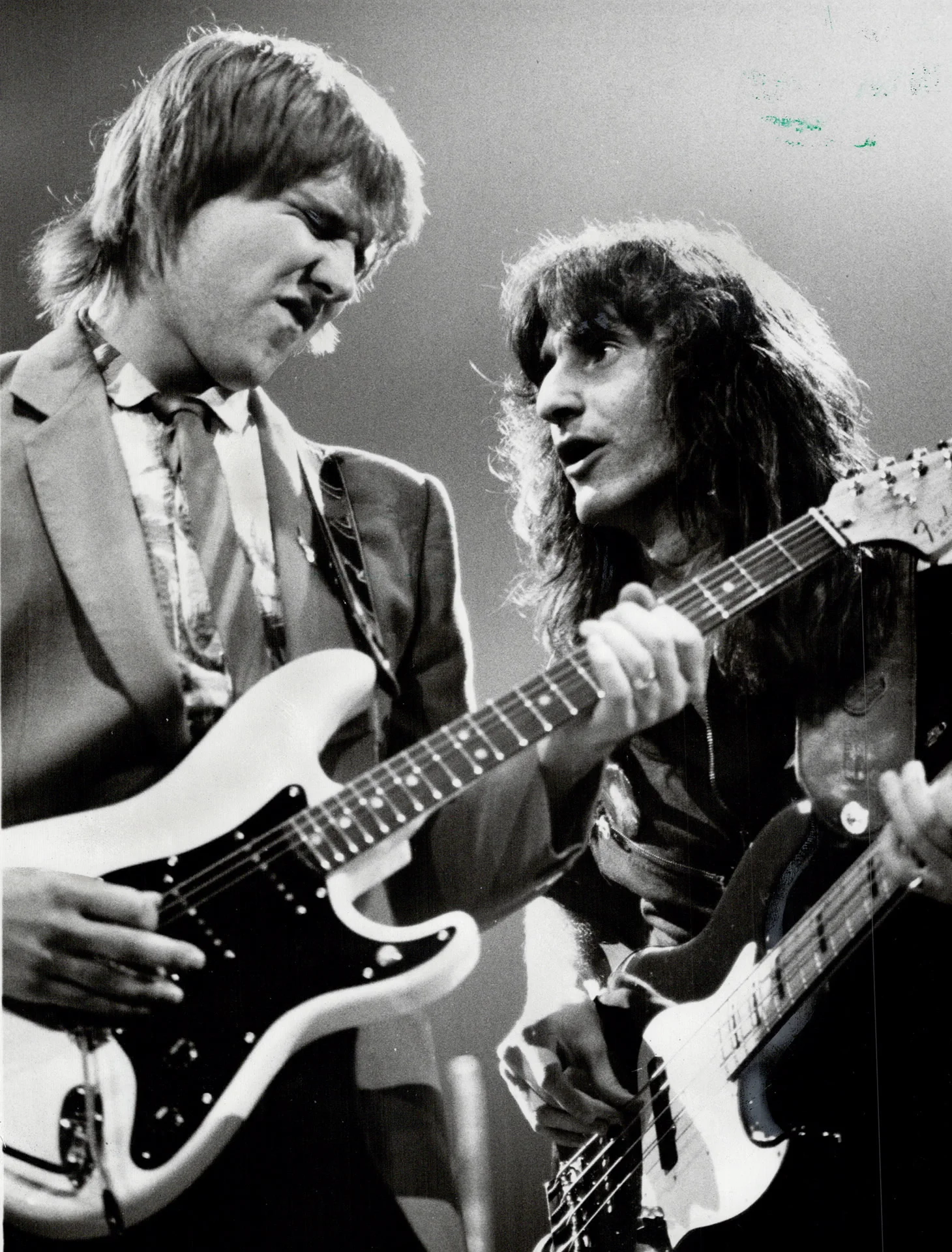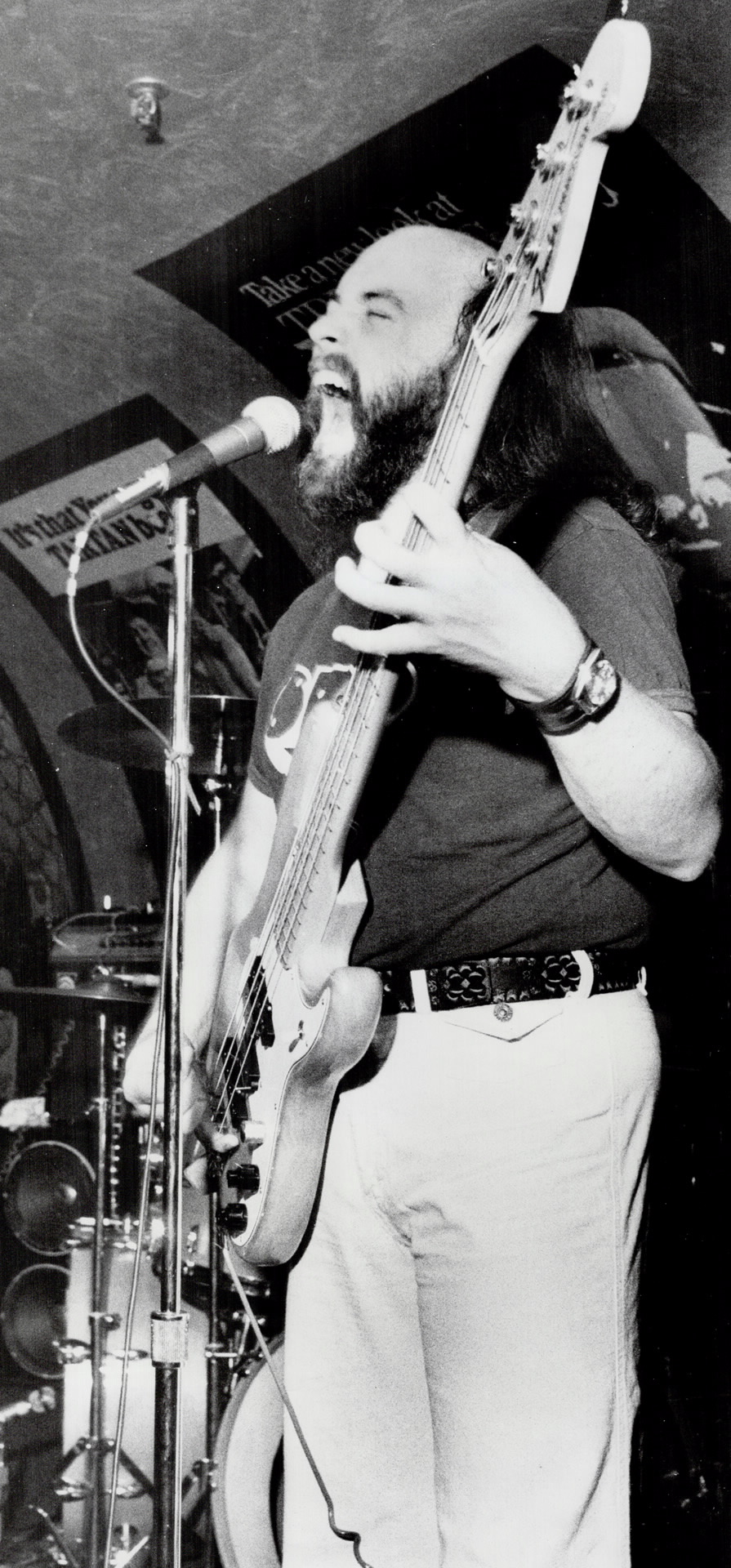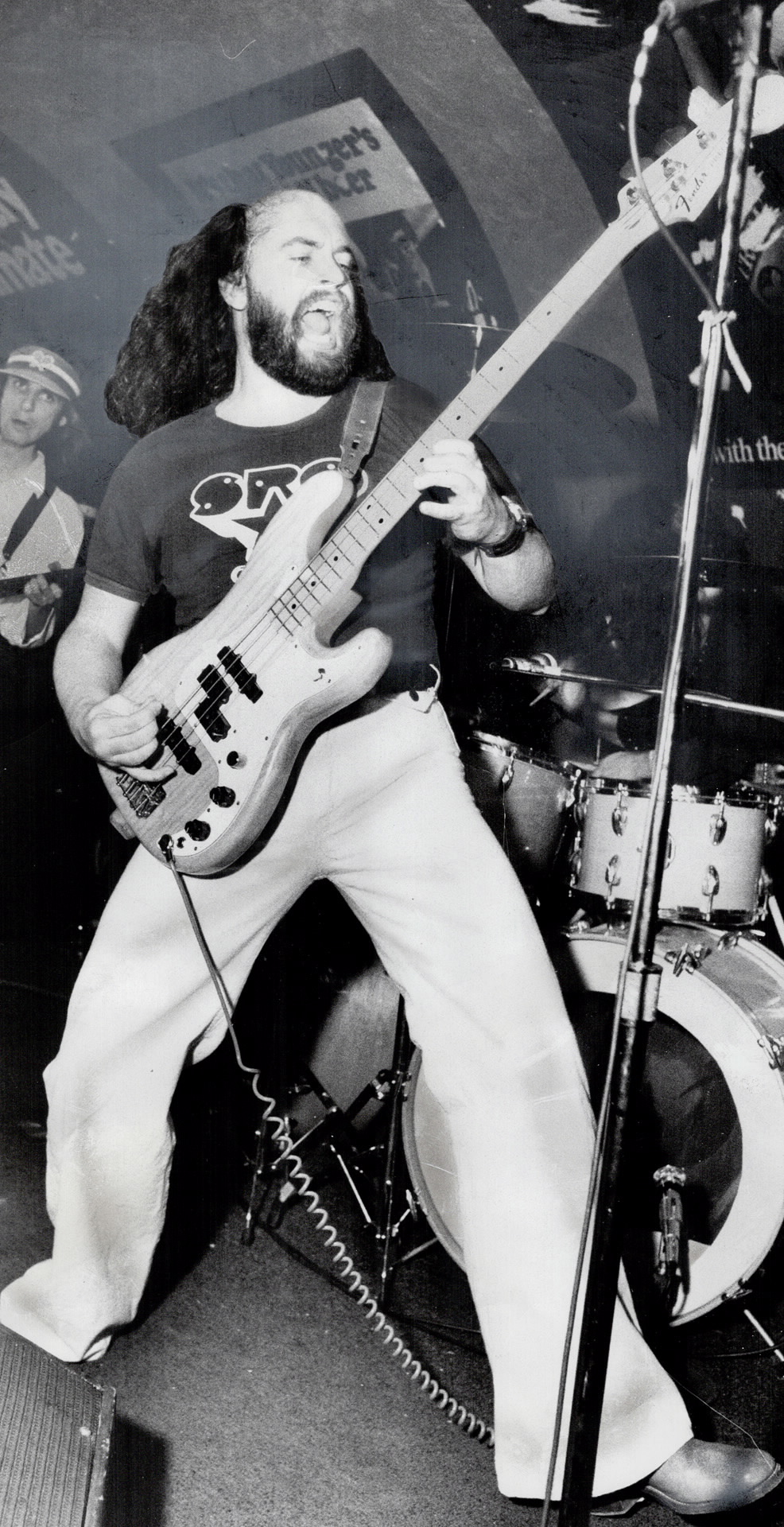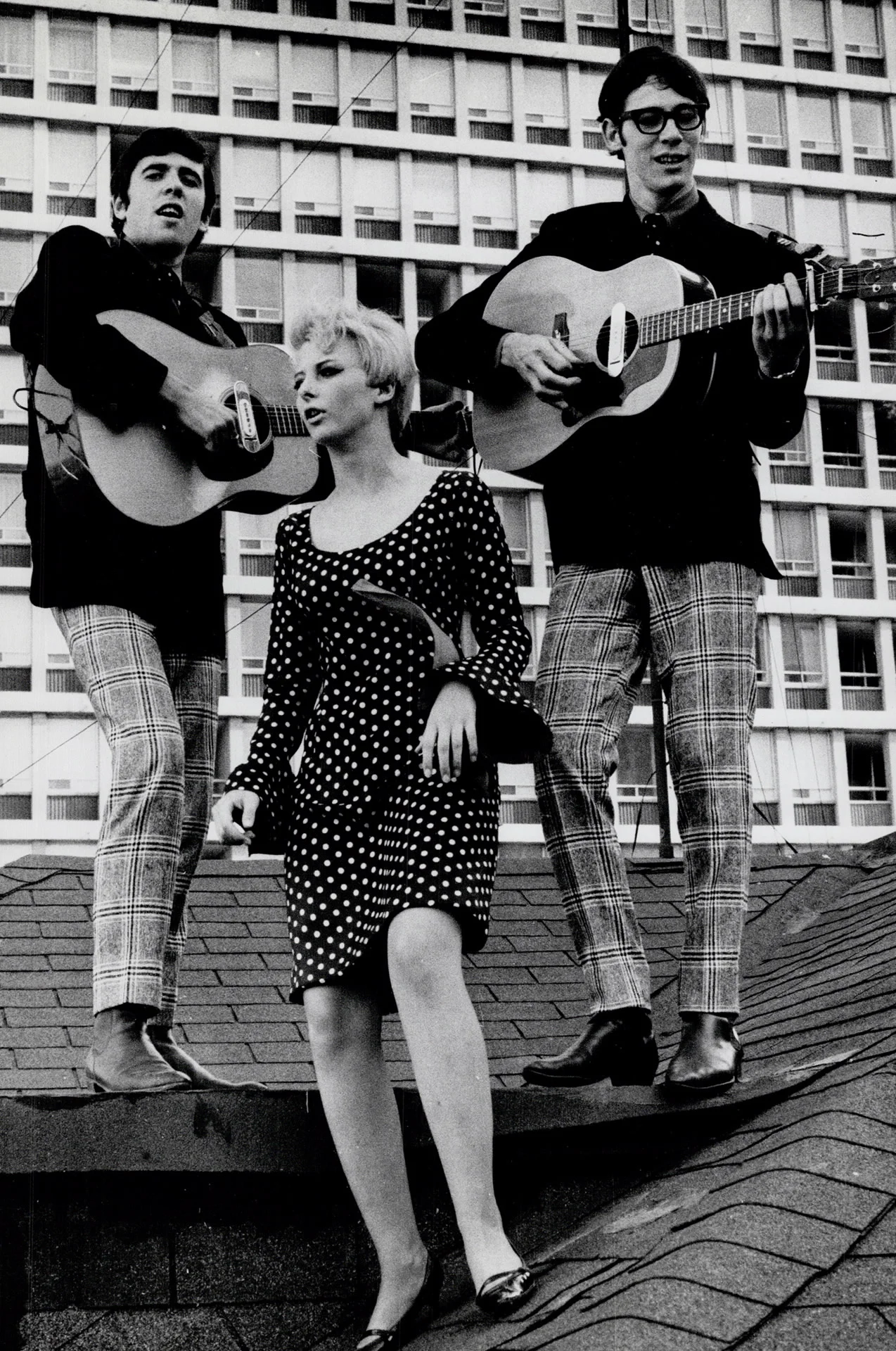Doug Riley (also known as Dr. Music) was an influential composer, arranger and musician - he was the musical director of Toronto’s Famous People Players for two decades and over the course of his career he contributed to over 300 albums.
His band (Dr. Music) was put together as the studio band on CTV’s Ray Stevens show; when it was cancelled the band stayed together and put out their first single on RCA records - a split single with the Laurie Bower Singers so two versions of I’d Like to Teach The World To Sing - the Coke-Cola jingle. They subsequently put out 3 albums from 1972 to 1974 - the first album (Dr. Music) had contributions from Terry Black and Laurel Ward. From that album here is Sun Goes By:
These pictures of Doug Riley were taken by Boris Spremo in 1969:
He won a Juno in 1981 for best jazz album (Tommy Ambrose at Last with the Doug Riley Band) and in 2003 became a member of the Order of Canada.
Doug Riley: April 24, 1945 to August 28, 2007
Images courtesy Toronto Public Library.































































